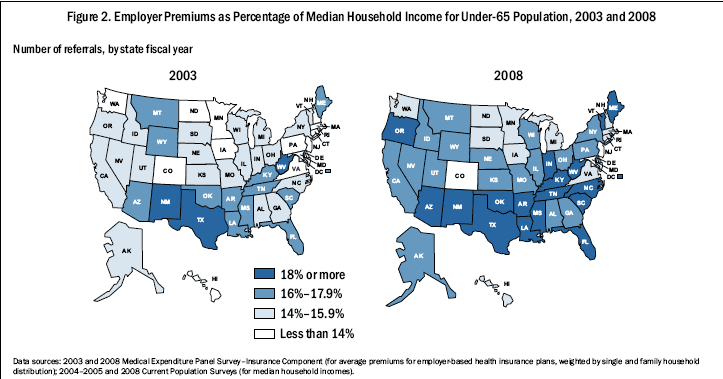Greenbeard is right, insurance premiums have been steadily rising it's not just now, in 2010. Didn't an insurance company in CA raise their premiums something like 39% while the HC debate was going on and the DC crowd glommed on to that saying "see, rising premiums, we must pass Obamacare!".
Yes, Wellpoint's proposed rate hike in California (later withdrawn when "numerous and substantial errors" were found in their math justifying the increase) was one of the sparks that brought reform back from the dead after Scott Brown's election. In that case, the premium hikes actually helped trigger reform, not the other way around.




